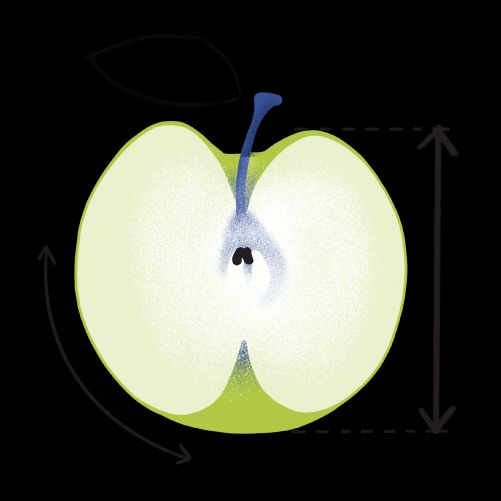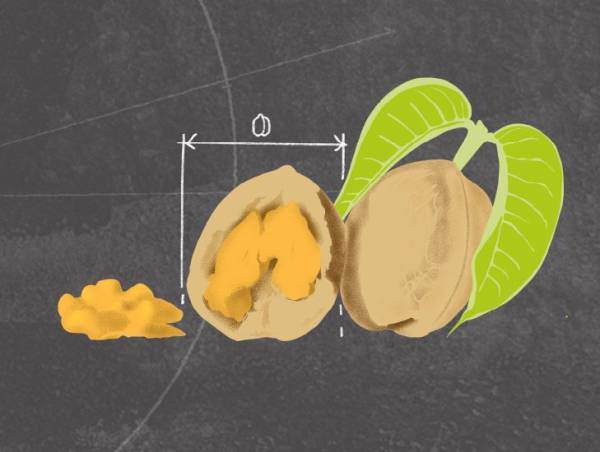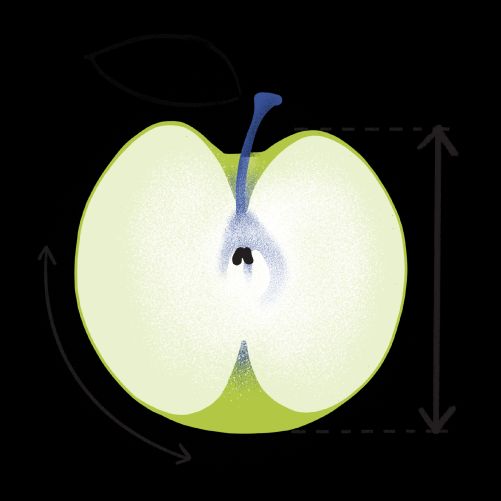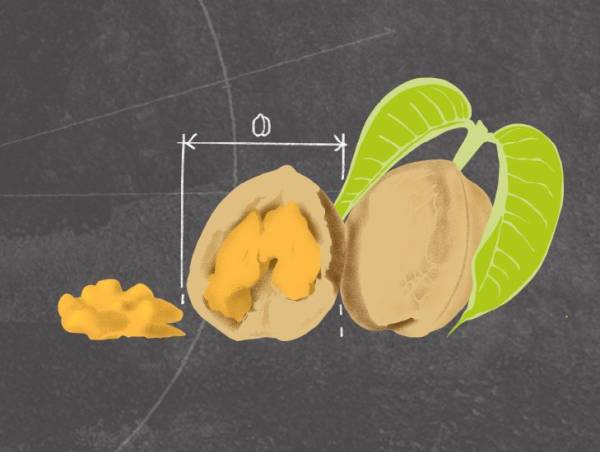Plant-based diets continue to grow in popularity for their many health benefits, including lower risks of heart disease and type 2 diabetes. However, not all plant-based diets are equal, and some eating habits may cause more harm than good. In this Honest Nutrition feature, we explain all you need to know about eating a healthful plant-based diet.
This series of Special Features takes an in-depth look at the science behind some of the most debated nutrition-related topics, weighing in on the facts and debunking the myths.

Share on PinterestDesign by Diego Sabogal.
Plant-based diets refer to diets that are based on foods made from plants, and include vegetarian and vegan diets.
While vegan diets exclude all animal products, vegetarian options — which exclude just meat and fish — are more diverse and may include dairy and eggs. Pescatarian diets exclude meat, but not fish.
Plant-based diets continue to grow in popularity worldwide owing to decades of scientific research and the mounting evidence of their potential health benefits, not limited to improved blood cholesterol and blood sugar levels.
Furthermore, increased awareness of the environmental impact of animal rearing, such as high levels of greenhouse gases, land degradation, and excessive water have also motivated some people to adopt plant-based diets, which can be more environmentally friendly.
However, there are some health risks associated with some plant-based diets, particularly if there is high consumption of “junk” veggie foods.
What are ‘junk’ plant-based foods?
By definition, ultra-processed foods are food products that contain minimal whole foods, are high in calories, added sugar, salt, and fats, offer little nutritional value, and have been processed with cheap industrial additives.
Using the NOVA classification system, which categorizes food products according to the extent of industrial processes they undergo, “junk” foods can include many plant-based products, such as:
- commercially-produced breads, pastries, cakes, and cookies
- carbonated beverages
- pre-packaged snacks
- flavored dairy drinks
- breakfast cereals
- energy bars
- instant sauces, soups, noodle pots, and desserts.
Health risks
Ultra-processed foods offer convenience, continue to replace minimally processed whole foods, and now account for more than half of the daily intake of calories for many individuals in middle- and high-income countries.
While a healthy and balanced plant-based diet is diverse, the frequent consumption of plant-based ultra-processed foods is associated with negative health outcomes.
For instance, in a 2019 cohort study that followed 105,159 adults over a 5-year period, the researchers observed that even a 10% increase in the consumption of ultra-processed foods was associated with a higher risk of heart disease and stroke.
This small increase in ultra-processed foods is also associated with a higher risk of developing some cancers, type 2 diabetes, and increased exposure to harmful chemicals from food packages.
In addition, calorie intake is reportedly higher in plant-based diets that are rich in ultra-processed foods, which may lead to weight gain and a greater potential for developing obesity.
To compound the negative health risks associated with diets rich in ultra-processed foods, vegetarian and vegan diets can exclude food groups, making nutrient deficiencies more common.
Overall, some studies have shown that vegetarians and vegans have lower levels of nutrients like iron, vitamin B12, calcium, vitamin D, and omega-3 fatty acids.
Furthermore, a 2022 study showed that vegetarian women have an increased risk and occurrence of hip fractures compared to women who occasionally consume meat.
It is possible that these adverse outcomes are linked to the omission of iron- and B12-rich meats, and calcium-rich animal sources in vegetarian and vegan diets. These problems may be compounded by individuals not replacing those nutrient sources with fruits, vegetables, nuts, and pulses, and eating ultra-processed foods instead.
How to avoid these health risks
Well-planned vegetarian or vegan diets consistently offer several health benefits, and they can safeguard against nutrient deficiencies and adverse health risks associated with diets rich in ultra-processed plant-based foods.
Not only do plant-based diets promote longevity, but they may reduce muscle loss — also called sarcopenia — in older people with obesity.
They are also safe during pregnancy and lactation as long as they fulfill nutrient requirements, as well as during physical performance.
Nutritionally balanced and well-planned plant-based diets more closely adhere to U.S. dietary recommendations and improve overall diet quality based on the Healthy Eating Index.
This occurs thanks to the increased intake of:
- fruits
- non-starchy vegetables
- whole grains
- low-fat dairy
- eggs
- plant protein
- seafood.
Such diets are also lower in salt, added sugar, fats, and calories.
Therefore, not all plant-based diets are associated with negative health risks, but it is important to note that following a healthy overall eating pattern is essential for managing risks the risk of heart disease, diabetes, and cancer.

More in Honest NutritionView All

How much protein do you need to build muscle?By Lindsey DeSoto, RDN, LD

Is it better to eat several small meals or fewer larger ones?By Lindsey DeSoto, RDN, LD

Intermittent fasting: Is it all it's cracked up to be?By Amber Charles Alexis, MSPH, RDN
How to eat a balanced plant-based diet
Here are some practical tips to help you maintain a diverse and balanced plant-based diet.
First, limit ultra-processed foods. Plant-based ultra-processed foods high in salt, added sugars, and fats should be limited and eaten in moderation.
In particular, veggie meat replacement products are often high in sodium and saturated fats, so be sure to choose low-sodium and low-fat alternatives.
Make sure to read nutrient labels and be careful with so-called health claims on packaging. Practice reading nutrient labels for packaged food products to become aware of their sugar, salt, and fat content and choose those with fewer additives. Likewise, labels may help choose foods that are higher in calcium and other beneficial nutrients.
Monitoring carbohydrate portions is also important: Switching to a plant-based diet may feel restrictive, and research shows that meats may be replaced with refined or highly processed carbohydrate-rich foods. Be sure to include whole grain carbohydrate options in portions appropriate for your health goals.
Also focus on proteins: Peas and beans, nuts, seeds, seitan, textured vegetable protein, tofu, tempeh, edamame, eggs, milk, cheese, yogurt and seafood are all high-protein food sources for vegetarians that also provide calcium, iron, vitamin D and some vitamin B12, which are commonly deficient in vegetarians.
When appropriate, dietary supplements may help a person reach the desirable amount of daily nutrients to avoid deficiencies. Speak with your medical team about which supplements may be appropriate for you.
Finally, you may wish to consult a dietitian: If you are new to plant-based eating, consult with a registered dietitian to learn which foods will help you to meet your nutrient needs
The takeaway message
Plant-based diets are popular worldwide for their potential health benefits, such as improved blood cholesterol, blood sugar, and reduced risk of heart disease, diabetes, cancer, and obesity.
However, “junk” veggie foods or ultra-processed foods — which account for more than half of the daily calorie intake for some individuals — continue to replace minimally processed whole foods, and pose adverse health risks.
Furthermore, vegetarians and vegans can experience nutrient deficiencies in iron, calcium, vitamin D, and vitamin B12, due to the exclusion of animal foods that are rich in these nutrients.
Nevertheless, well-planned vegetarian or vegan diets rich in fruits, non-starchy vegetables, whole grains, dairy, and plant sources of protein offer several health benefits, and safeguard against adverse health risks associated with diets rich in “junk” veggie foods.

More in Honest NutritionView All

How much protein do you need to build muscle?By Lindsey DeSoto, RDN, LD

Is it better to eat several small meals or fewer larger ones?By Lindsey DeSoto, RDN, LD

Intermittent fasting: Is it all it's cracked up to be?By Amber Charles Alexis, MSPH, RDN





